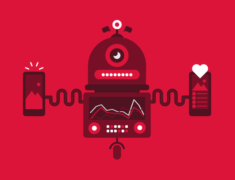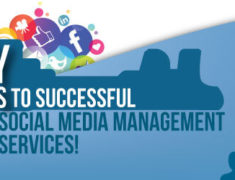Your random tweets about last night’s Glee and a cool Android app are stifling the economic recovery. Well, at least, that is the buzz among some efficiency mavens, who appear to spend all their spare time counting microblogging’s fiscal toll. Some warned that Facebook and other social networks shaves off productivity in offices; a survey even estimated that social networks may cost the world economy billions of dollars each year.
But for some employees, charged with a task to transform concepts and ideas into tangible products and services, goofing off is not the real culprit. In fact, periodically stepping back from a project at hand can be detrimental to productivity. And social networks are especially well suited to stoking our creative minds.
Studies that blame social networks of cutting down productivity assume that time needed microblogging is time entirely wasted. But that assumption betrays an ignorance on the human creative process. We aren’t designed to keep up a constant focus on assigned tasks. We need regular breaks to relieve our hard-working minds of the pressures and stress – which may lock us into inefficient work mode. Musing about an entertaining subject for a while may clear away any mental detritus, allowing us to see a problem through fresh eyes, a phase that creativity experts call incubation. Regular breaks improve problem-solving skills substantially, in part by making it simpler for employees to sift through their experiences and memories in search of relevant facts.
It doesn’t mean that workers should feel free to open Zuma at will, however, the incubation phase is more effective when it involves giving our mind an entirely novel information instead of just relieving mental pressures. It can encourage creative association by mashing together of seemingly unrelated clues – an important step in our creative process.
A few random scrap of information may trigger a perfect conceptual collision. It’s difficult to know which bit of information may do the trick, but that is the great thing about social networks – they continuously produce potential sparks, free of charge.
The participatory nature of Facebook and Twitter also makes them perfect tools for supercharging creativity. People finely craft their words to grab other’s attention and to earn a retweet or two. Facebook and Twitter give employees the chance to turn a stressful deadlock into an entertaining game where insight and creativity are rewarded, if only we can get a digital pat on the back.


